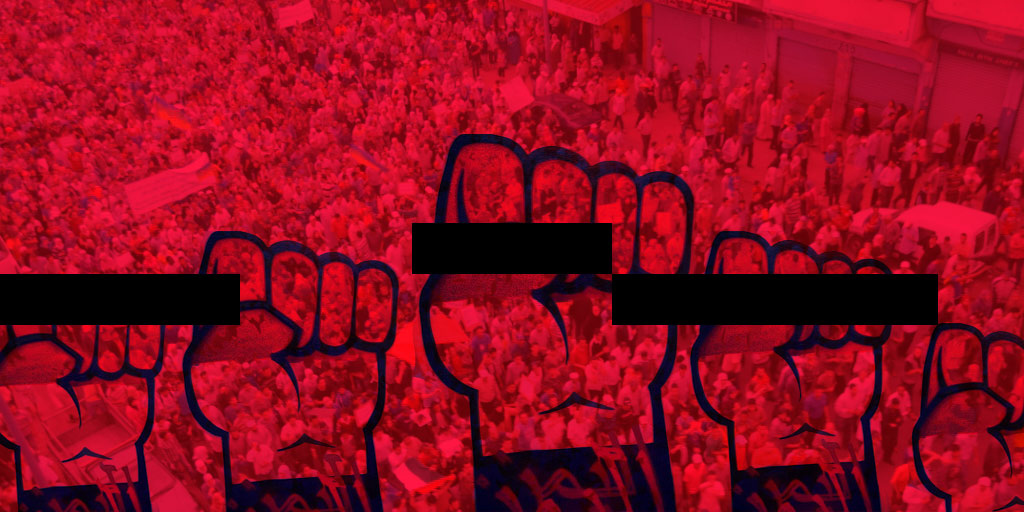Angered by poverty, social and economic inequality and discrimination, and police brutality, youth-led protests have taken over the streets of Tunisia since January 14. Authorities have responded with excessive violence, arresting and prosecuting approximately 1,500 protesters, activists, and internet users who have elevated voices critical of the government, or who have expressed support of the protests online.
Access Now calls for the immediate release of those arbitrarily detained, and for the Tunisian authorities to immediately halt its escalation on freedom of expression, both online and offline.
Access Now strongly condemns the multiple reports of Tunisian security forces attacking Tunisian activists, bloggers and protesters, doxxing — the dangerous act of sharing the private information of others online — and defaming them on the internet, and violating their privacy by publishing their personal information, including phone numbers and home addresses on Facebook. Particularly troubling are the graphic testimonies from women activists who, via the internet, are being harassed and threatened with rape, and doxxed on social media by members affiliated with security forces. LGBTQ+ people are also reported to be outed on social media by pro-police pages and accounts.
“Freedom of expression is not a charitable act on the behalf of the government. It’s a fundamental right that the Tunisian people had fought very hard for over decades and must be upheld,” said Marwa Fatafta, MENA Policy Manager. “We will not allow Tunisia to become a police state once more. The vicious attacks against women and queer folks are outrageous and the perpetrators must be held to account.”
“Almost all peaceful protestors including women, journalists, LGBTQ+ and young people were affected by police violence,” said Dima Samaro, MENA Policy Analyst. “It’s extremely devastating and alarming to see massive hate speech campaigns circulating against peaceful protesters on social media to shut down their voices and smear the only hard-won value in Tunisia post-revolution. Criminalization of speech is threatening freedom of expression more than ever before.”
Read the post in Arabic here.
